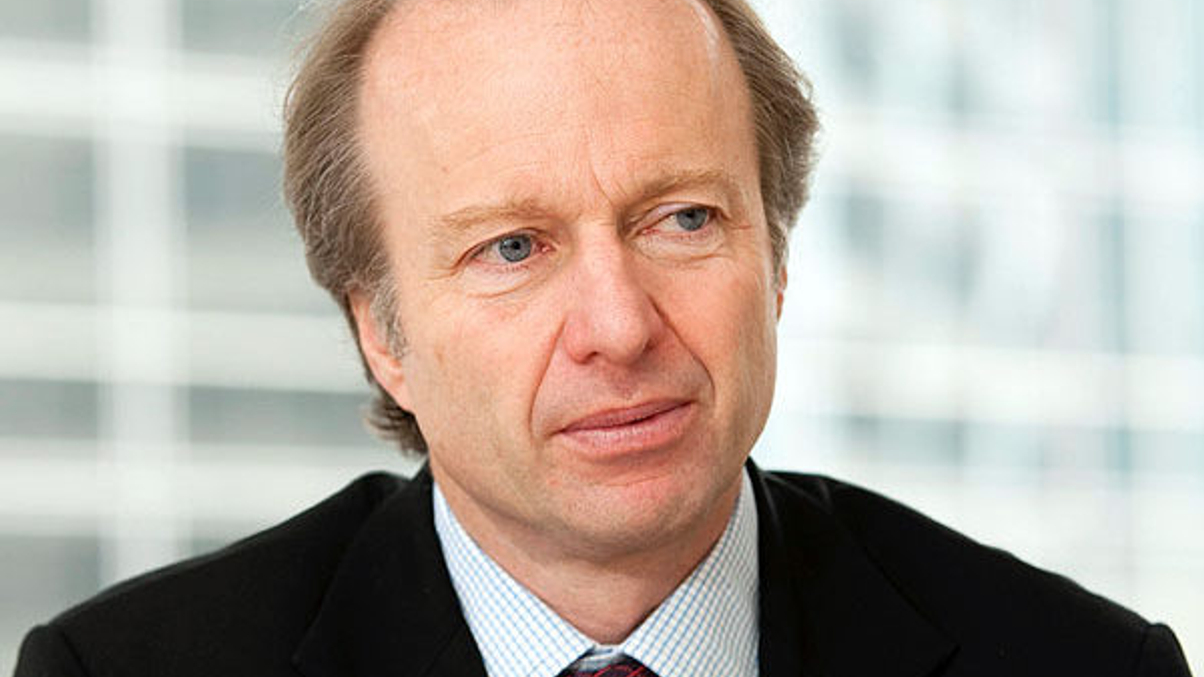Dark pool applications proceeding, says SFC's Ashley Alder
The head of Hong Kong’s securities regulator says it is processing dark pool applications again after a hiatus amid concerns about retail investor protection.

Hong Kong’s securities regulator says it is “moving forwards” with approving applications from prospective operators of dark pools that could open more of these unlit alternative trading venues to professional investors.
Sign in to read on!
Registered users get 2 free articles in 30 days.
Subscribers have full unlimited access to AsianInvestor
Not signed up? New users get 2 free articles per month, plus a 7-day unlimited free trial.
¬ Haymarket Media Limited. All rights reserved.


